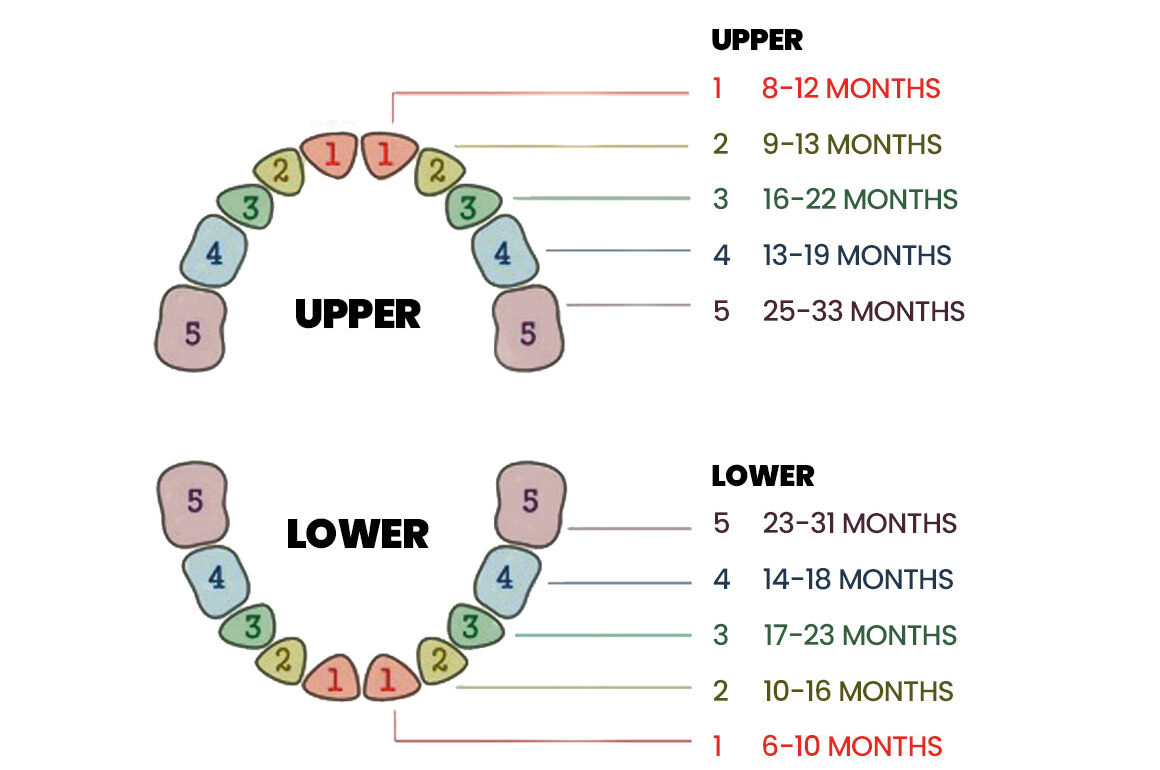Wisdom teeth are a bit of a mystery for many people. For some, they grow without any issues, while for others, they can cause discomfort and require treatment. Whether you notice some tenderness at the back of your mouth or are just curious about what’s to come, we’ve got you covered. At Dunshaughlin Dental Centre, we ensure your wisdom teeth journey is as smooth as possible.
What Are Wisdom Teeth?
Wisdom teeth, known as third molars, are the last to emerge in your mouth. They usually appear between 17 and 25, though the timing can vary. Most people have four wisdom teeth—one in each corner of the mouth—but having fewer or none is also possible.

Signs Your Wisdom Teeth Are Coming In
When your wisdom teeth begin to erupt, you might notice:
• Tenderness or Pain: Mild discomfort at the back of your mouth is expected as the teeth push through the gums.
• Swelling or Redness: The gums around the emerging teeth may look swollen or feel sensitive.
• Jaw Stiffness: Some people experience a tight or achy sensation in the jaw.
• Changes in Your Bite: If the teeth are coming in at an angle, they may shift the alignment of your existing teeth.
Not everyone will experience symptoms, so even if you don’t notice any changes, it’s still a good idea to have regular dental check-ups to monitor their progress.
Why Wisdom Teeth Can Be Problematic
For many, wisdom teeth don’t have enough room to grow properly. This can lead to several issues, such as:
• Impaction: When wisdom teeth don’t have enough space, they can become trapped under the gums or grow at an awkward angle. This is known as impaction.
• Crowding: Emerging wisdom teeth can push against your other teeth, causing them to shift out of alignment.
• Infections or Decay: Wisdom teeth are more challenging to clean because of their location, making them more prone to cavities and gum infections.
• Cysts or Damage to Nearby Teeth: In rare cases, impacted wisdom teeth can lead to cysts or even damage the roots of neighbouring teeth.

What Should You Do?
If you notice any of the above signs or just want to check on your wisdom teeth, the first step is to schedule an appointment with us. During your visit, we’ll examine your teeth closely and may use X-rays to assess their position.
Depending on what we find, here are some potential next steps:
• Monitoring: If your wisdom teeth are coming in without issues, we’ll watch them during regular check-ups.
• Treatment for Symptoms: If you’re experiencing discomfort, we can recommend pain relief, saltwater rinses, or antibiotics for infections.
• Wisdom Tooth Removal: If your wisdom teeth are causing problems or likely to cause future issues, we may recommend extraction. Don’t worry—this is a standard procedure, and we’ll ensure you’re comfortable throughout the process.
Life After Wisdom Tooth Removal
If you need your wisdom teeth removed, recovery is typically straightforward. Follow these tips for a smooth healing process:
•Rest and avoid strenuous activity for a few days.
•Stick to soft foods and avoid anything hot, spicy, or crunchy.
•Keep the area clean with gentle rinsing, as recommended by your dentist.
•Avoid smoking or using straws, as these can interfere with healing.

Let’s Keep Your Smile Comfortable and Healthy
Wisdom teeth don’t have to be a pain—literally or figuratively! At Dunshaughlin Dental Centre, we answer your questions, provide expert care, and ensure your oral health is in excellent shape.
If you’re experiencing discomfort or want to learn more about your wisdom teeth, call us at 01 825 9787 or email info@dunshaughlindental.ie. Let’s work together to keep your smile healthy and happy!


Leave a Reply